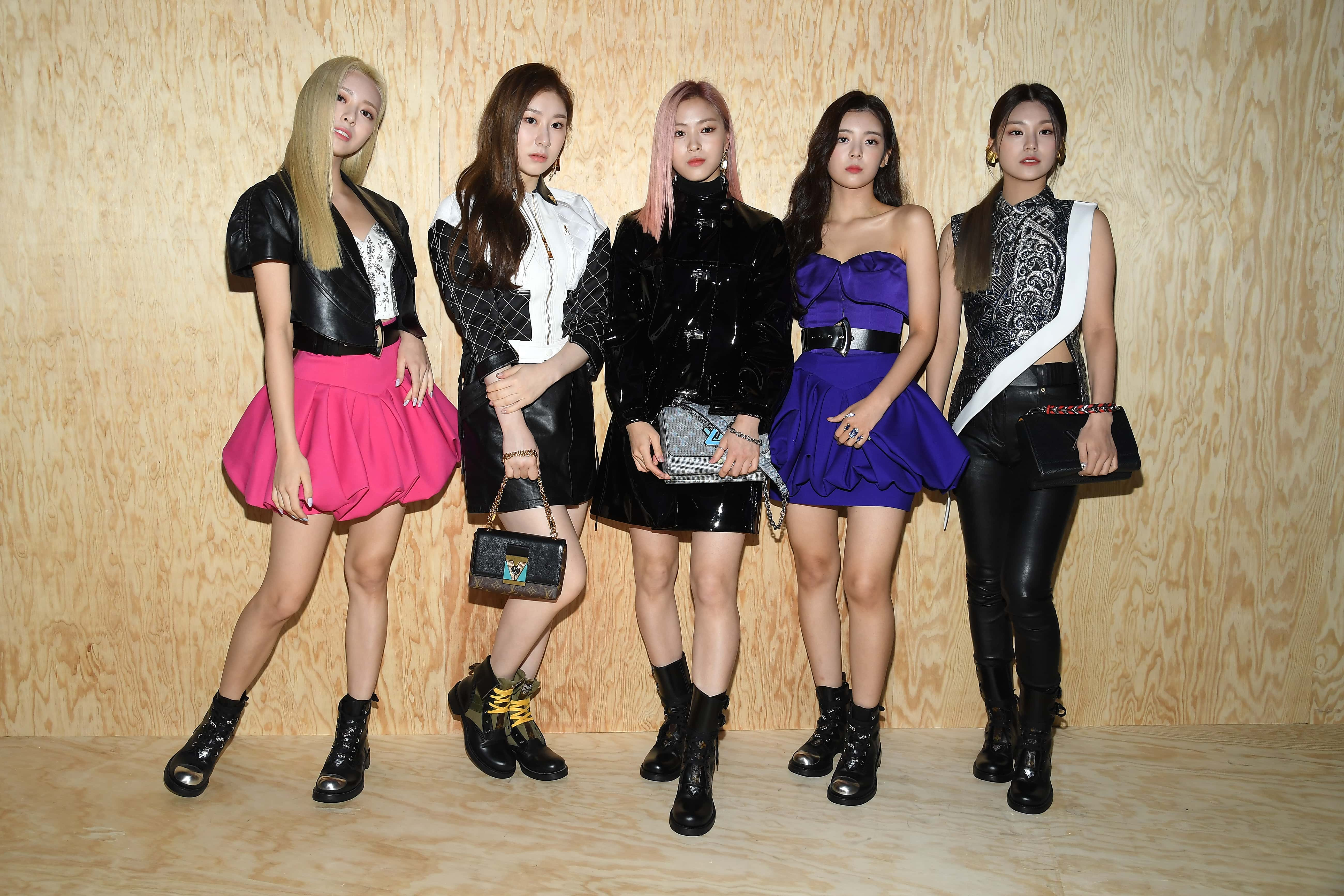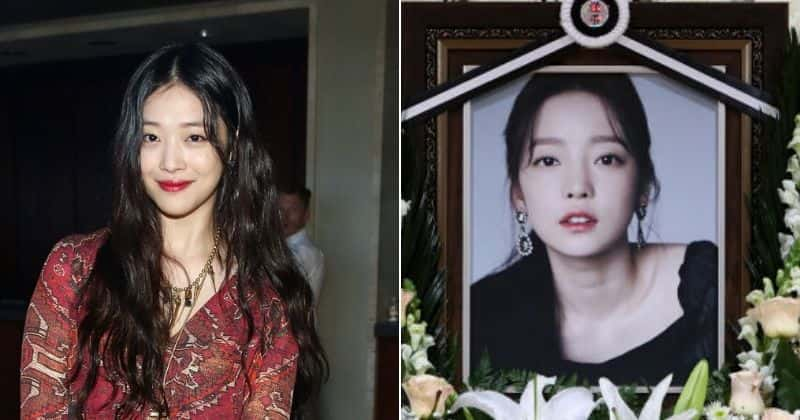Evolution of K-pop girl groups: From romancing boys to loving oneself, these girls have come a long way

'LOONA', known for being a multi-talented group with an important message to share, is back with their latest song 'So What'. And like their previous releases, the girl group makes a clear statement about being different and fearless.
Missing from this release is member Haseul who chose to take a step back from this comeback due to mental health-related issues. Earlier this year, it was reported that Haseul was receiving treatment for anxiety.
Another group that makes headlines for their message is ITZY. The group shot to fame with its debut song 'Dalla Dalla' (meaning 'different'), and later 'Icy' which, a lot like Mamamoo's 'HIP', is a message of self-love in the face of hate.

Speaking about Itzy's message member Yeji recently said, "For our debut song and what we’ve been promoting has been on the theme of self-love, but it’s not a narrow topic, it’s very broad and we can do a lot to explore that. I’d really like to delve deeper and explore that theme more."
But artists tackling self-love is not new. Artists singing about topics other than romantic love is also not new. So why would it be groundbreaking for young female artists to go down that path?
Historically, K-pop girl groups have rarely strayed from the tried-and-tested method of smile, look pretty, sing about boys — but never be seen with one. That would be far too scandalous.
As far as entertainment agencies were concerned, girls had only one thing on their minds - love. Specifically, a non-sexual love. They sang about love, they acted out love in music videos, and they talked about love in interviews, and they perfected the face a girl supposedly makes when her heart flutters at the sight of her crush. Basically, they were the embodiment of young, innocent love. But to be fair, that's also because the agencies weren't targeting female audiences with girl groups. No, that's what the boy groups were for.
Girl groups were not meant to inspire young girls. They were meant to create a fantasy for male audiences of K-pop. Agencies paraded groups upon groups of 'pure, young, fair-skinned women' who were charming and funny and respectful out on to stages much to the joy of their target audiences.
But there was always that one member in every girl group. You know, the one with the sharp wit and loudmouth, the tanned skin and a huge dose of sex appeal?
Hyori of Fin.K.L., Yuri of Girls Generation, Hyolyn of Sistar. Always that ONE girl.
Why that one girl, you ask? Well you see, that was the one girl who juxtaposed with the rest of the group, was designed to represent male fantasy and desire. She was the one that was outspoken and open-minded and had a sharp wit, that one that seemed to ooze a contemporary chic charm. The 'bad girl' who everyone loved. The 'bad girl' who everyone loved to hate.
And while the companies may not have planned for it, that one girl also happened to be the member that was often beloved by female fans. Turns out strong, opinionated, and free-spirited women were a hit among all audiences, even if they were still mostly singing about love.
So why are girl groups finally taking a stand? Why the sudden move away from love? Why the push for more empowering lyrics and concepts?
At the end of 2019, the K-pop world lost two of its most popular female idols, f(x)'s Sulli and Kara's Goo Hara to suicide. Both women were extremely vocal about their feminism and pro-LGBT stances. Sulli often spoke out about victims of sexual slavery and was a strong advocate for the no bra movement, and Hara came forward about the physical and sexual violence she endured at the hands of an ex-boyfriend. And both women dealt with a horrific amount of backlash that most see as contributing to their choice to end their lives.
Prior to her death, Hara was actively involved in the Burning Sun case, which rocked the industry and blew the lid open on the rape culture that exists in South Korea and how everyone from the police and government officials to entertainment company CEOs and male K-pop idols were complicit in and benefitted from the sexual assault of female idols.

The loss of the young stars shocked fans all over the world and added steam to the already burgeoning conversation around mental health in South Korea. But in addition, it shone a light on how the pressure of fame unfortunately also opens the doors to an onslaught of sexual violence, both verbal and physical against female idols in K-pop.
At a time when these conversations are gaining traction, young female idols putting out messages of self-love and empowerment speak volumes. These are voices that are sorely needed right now. The ones that tell young girls and women that it's okay to be different, to speak up about their traumatic experiences, and to support each other when they do.










